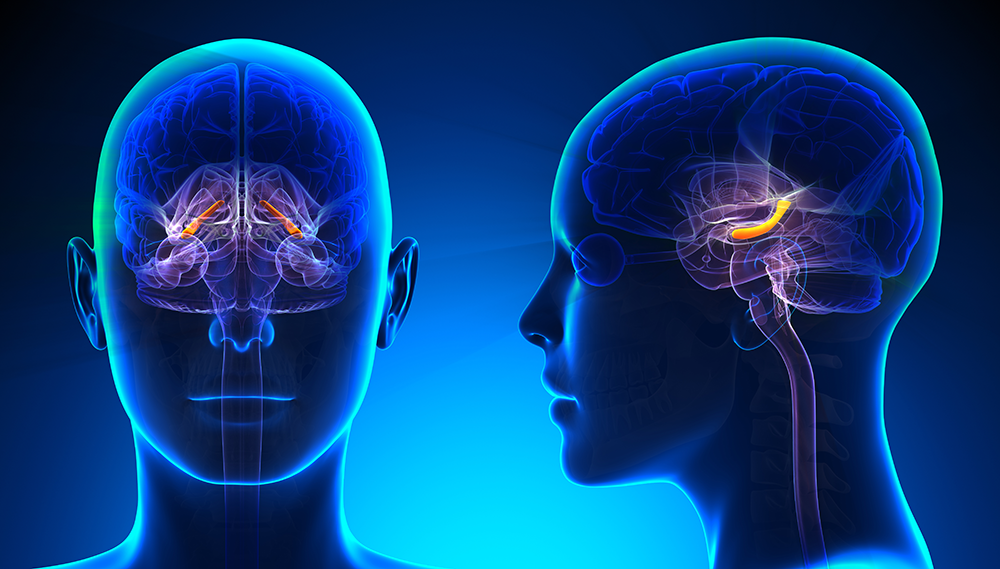Memory, a fascinating and complex physiological process, is something beyond simply remembering. Memory is a fundamental part of human cognition as it recalls past experiences to understand the present. Additionally, memories give individuals a foundation to apply comprehension to make sense of current events. With such importance, memories play a crucial role in teaching and learning. Farther from cognizance skills, memories play a factor in the emotional value attributed to the material being memorized. While memories are often associated with joy, there are also effects of stress along the physiological process.
Stress, whether it comes in extreme or small amounts, impacts an individual in some way. Although small doses of stress are beneficial for motivation, they gradually form into large quantities and cause anxiety. Stress changes the way you perceive things, as situations are hard to push through when under a stressful situation. Stress also changes the way we form and retrieve memories. In doing so, stress changes the way memories work.
During a stressful scenario, stress makes it difficult to create short-term memories. This is due to the different parts of the brain that are performing during stressful situations. In an emotionally driven circumstance, the amygdala, which is the part of the brain responsible for survival instincts, takes over the brain. When the amygdala takes over, other parts of the brain that help store memories, like the hippocampus, receive less energy to get their jobs done. In other words, the brain shuts off parts of the brain that do not support survival situations, which includes shutting off the hippocampus, making it arduous to gather short-term memories. As a consequence, it is difficult to learn during a stressful situation. Memories help with understanding, but if there is not enough energy to power the parts of the brain that make memories function, understanding can come off as a challenge. Therefore someone could be more forgetful under stress or may experience memory lapse during traumatic experiences.
Furthermore, stress can affect how you perceive a situation, hence affecting the way the memory is formed. During an event, stress tampers with the cognitive state. Stress can increase or decrease certain behaviors, such as changing attentivity, concentration, thoughts, and moods. Stress changing these behaviors from their normal condition messes up how an event is perceived. The change in behaviors can cause biases and reflect inaccurate sentiments. Stress can result in a situation being worse than it was, or due to the high amount of stress, certain information could be left out. There is more difficulty accurately remembering the details of an event, as the stress confuses the brain’s perception, as well as the ability to recall information. This further adds difficulty to understanding.
Moreover, memories are linked to certain mental disorders such as depression. Symptoms of depression include difficulty in focusing on a task, confusion, and forgetfulness. In-depth research has shown that depressed individuals have a strenuous time identifying objects that they were recently presented with. Depression is commonly associated with short-term memory. However, depression only forgets positive memories. Negative memories are still prominent and depression can also weaken a person’s prospective memory. Prospective memory involves the ability to remember to perform a planned action, such as washing the dishes or completing homework. Depression fogs up the brain, causing one to become forgetful of these types of tasks. The ability to carry out prospective memory can suffer from depression.
Memories have a profound effect on everyday life. While many enjoy the luxuries that accompany the physiological process, others find hardships in maintaining normality within the process from outside factors. The loss of memory results in struggles to execute simple memorization.


